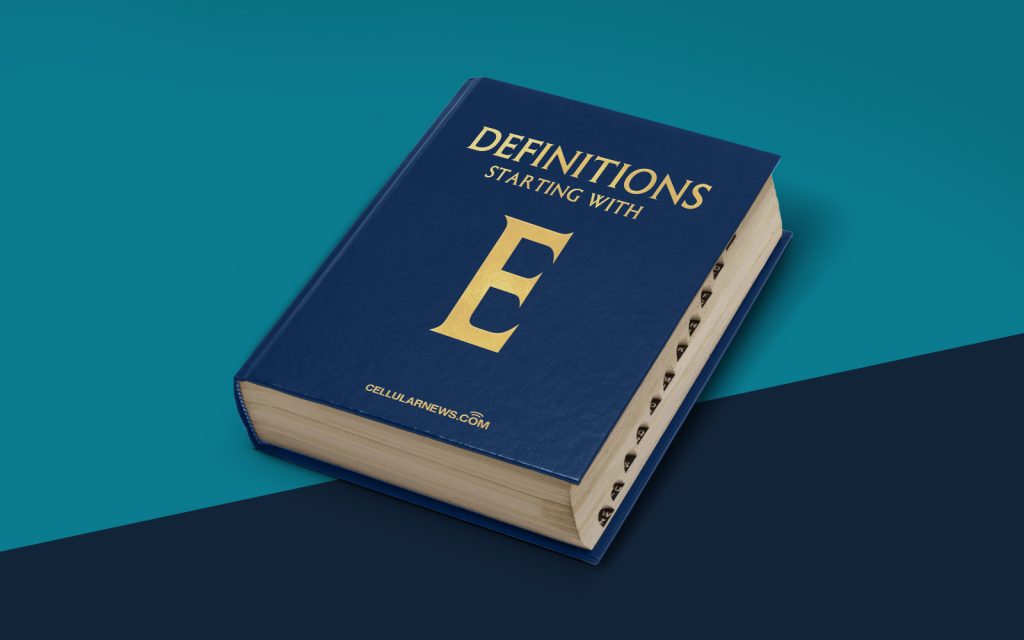
The ELIZA Effect: Understanding the Phenomenon
Have you ever heard of the ELIZA effect? If not, don’t worry, you’re not alone. The ELIZA effect is a fascinating concept that sheds light on our tendency to attribute intelligence to technology, even when we know it lacks true understanding or awareness. In this article, we will dive deeper into what the ELIZA effect is all about and why it matters. So, let’s explore this intriguing phenomenon together!
Key Takeaways
- The ELIZA effect refers to our inclination to perceive intelligence and understanding in technology, even when it lacks true consciousness.
- This effect is named after ELIZA, an early chatbot program developed in the 1960s.
A Journey Back in Time: The Origins of ELIZA
The ELIZA effect takes its name from ELIZA, a groundbreaking computer program created by Joseph Weizenbaum in the 1960s. Designed to simulate a Rogerian psychotherapist, ELIZA employed simple patterns and a question-and-answer format to engage users in conversation. While ELIZA’s responses were based purely on pattern matching and manipulation of the user’s input, people still found themselves attributing human-like understanding and empathy to the program. The revelations sparked by ELIZA’s impact led to the coining of the term “ELIZA effect.”
ELIZA’s success in mirroring human-like conversational patterns demonstrated a fundamental truth: humans are easily fooled by machines that exhibit even a hint of intelligence. This tendency to project human thoughts, feelings, and comprehension onto non-human entities is at the heart of the ELIZA effect.
The Psychology Behind the ELIZA Effect
So, why do we fall prey to the ELIZA effect? There are a few psychological factors at play:
- Anthropomorphism: As humans, we have a natural tendency to anthropomorphize objects or technologies that resemble human characteristics. When a machine displays attributes like responsiveness and understanding, we are quick to assign it human-like qualities.
- Confirmation Bias: We tend to seek evidence that supports our preconceived beliefs and ideas. In the case of the ELIZA effect, if we want to believe that a technology is intelligent, we will interpret its behavior in a way that confirms our belief.
These psychological factors, among others, contribute to our tendency to see intelligence where it may not exist. Understanding the ELIZA effect helps us grasp the power of perception and the limitations of technology, enabling us to make more informed decisions about its use.
Applying the ELIZA Effect in the Modern World
The ELIZA effect has far-reaching implications in various aspects of our lives. Some examples include:
- Technology Development: Understanding the ELIZA effect can guide developers in creating technologies that manage user expectations and avoid unintended consequences resulting from unrealistic perceptions of intelligence.
- User Experience Design: Knowledge of the ELIZA effect can influence how user interfaces are designed to ensure users have accurate perceptions of a system’s capabilities and limitations.
- Ethical Considerations: Recognizing the ELIZA effect can help society navigate ethical challenges arising from the use of artificial intelligence, robotics, and other technology systems that may elicit human-like perceptions.
By acknowledging and comprehending the ELIZA effect, we can make more informed decisions when it comes to embracing and utilizing technology in our society.
Challenge Your Perceptions
The ELIZA effect serves as a reminder that our perceptions can often be deceiving. As we continue to push the boundaries of technology, it is crucial to remain mindful of our own biases and tendencies to anthropomorphize the machines we interact with. By maintaining a critical mindset and challenging our assumptions, we can better navigate the complex relationship between humans and technology.
So, next time you find yourself marveling at the apparent intelligence of a technology, take a step back and consider whether you might be falling victim to the ELIZA effect. The answer may surprise you!
